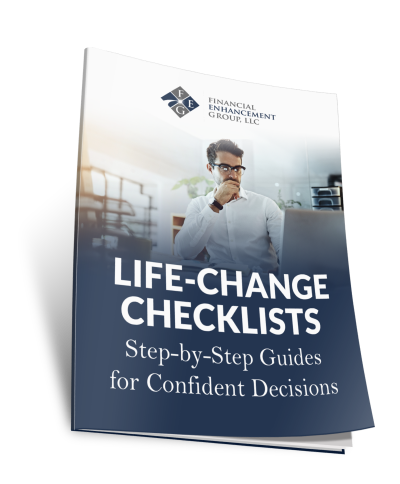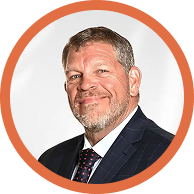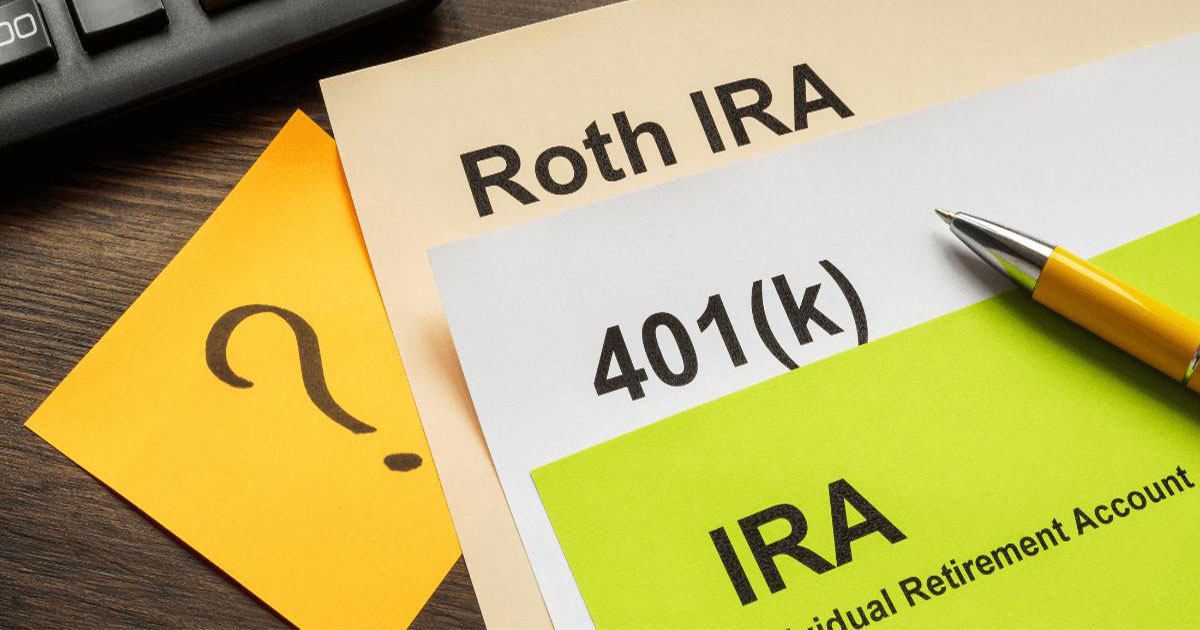Imagine a table filled with desserts – cookies, Danishes, doughnuts, pies, and brownies.
Now imagine this table being in the kitchen at work versus the kitchen at home. Are you more likely to indulge in the Danish if it is at work or at home?
This is an example of how the environment we put ourselves in can affect the decisions we make. No matter what, my brain tells me I want the doughnuts when I see them; but my environment can cause me to think twice before loading my plate. Do I want people to see me eating a plate full of dessert? I want to make sure there is enough for everyone, so I will only have one brownie. These are reasonable thoughts you might have if the dessert is in the workplace, and these thoughts may prevent you from making a decision you regret the next time you step on the scale.
After leaving my teaching and coaching career and becoming an advisor, I quickly added a few extra pounds. I was walking less, but I was also eating more during lunch, so I chose to start taking my lunch break at a local gym. My brain still tells me to spend my lunch break sitting down while eating unhealthy food, but my choice to change my environment has helped me to avoid those bad habits.
The same lesson can be followed regarding your financial decisions.
Do you struggle with making compulsive purchases? Stay away from Target for a few weeks or maybe delete the Amazon app on your phone. Out of sight, out of mind works very well.
Are you worried the market is going to crash? Turn off the doomsday news sources you enjoy so much and take a walk with your family. Our brains are drawn to pessimism – misery loves company.
Do you wish you could save more money? Set up automatic monthly contributions from your bank account to your Roth IRA before you have a chance to spend it. You learn to live on what you make, so train yourself to live on less than you make.
You cannot control the way your brain responds to stimuli, but you can control the amount of stimuli you take in by altering your environment.
When you are coaching a team, it is important to remind your players to control the controllables. You cannot control if the umpire will make the right calls. You cannot control the weather. However, you can control the way you play the game and the way you respond to adversity.
Too many uncontrollable events are happening in our world right now, and it is very easy to let those things dictate the way you live. I would encourage you to take stock of the items within your control. In 7 Habits of Highly Effective People, Steven Covey calls this your “Circle of Influence.” Make the necessary adjustments to spend more time within that circle and stop worrying about the things that are outside of it.
Financial Enhancement Group is an SEC Registered Investment Advisor. Securities offered through World Equity Group, Inc. Member FINRA/SIPC. Advisory services can be provided by Financial Enhancement Group (FEG) or World Equity Group. FEG and World Equity Group are separately owned and operated.






